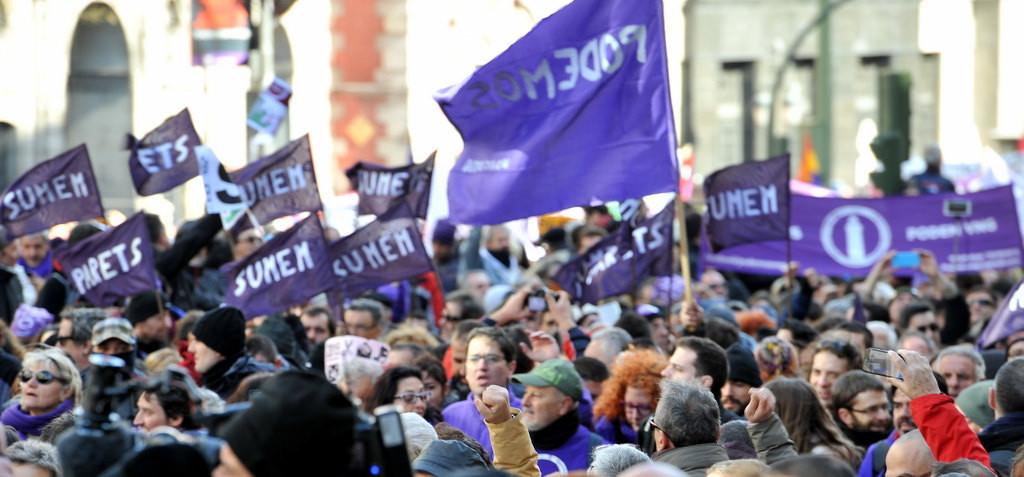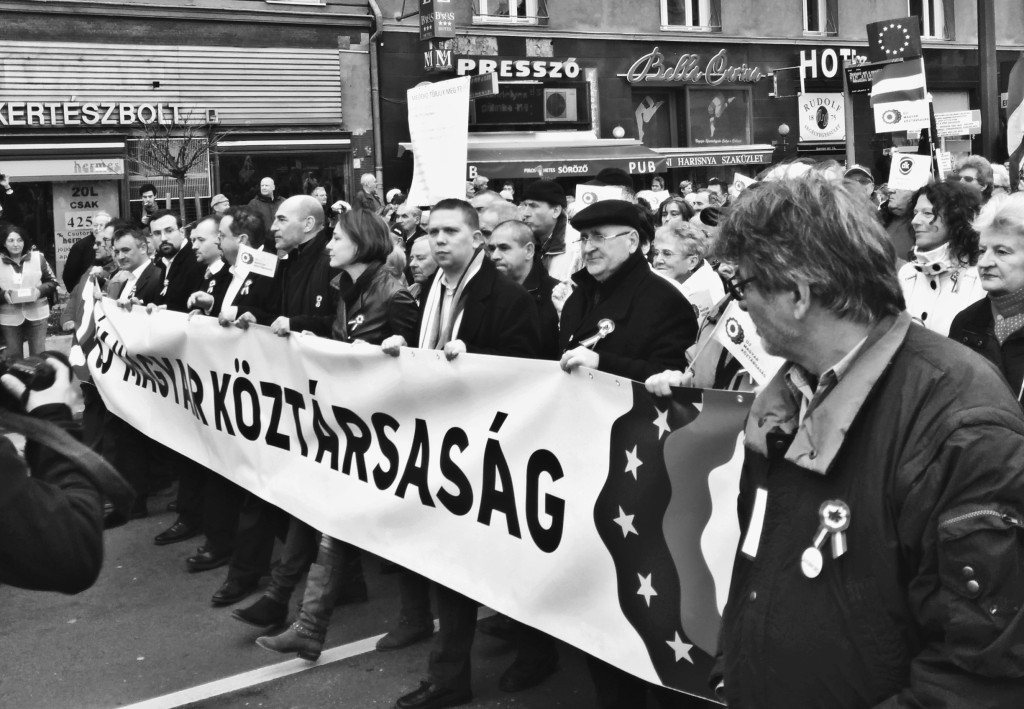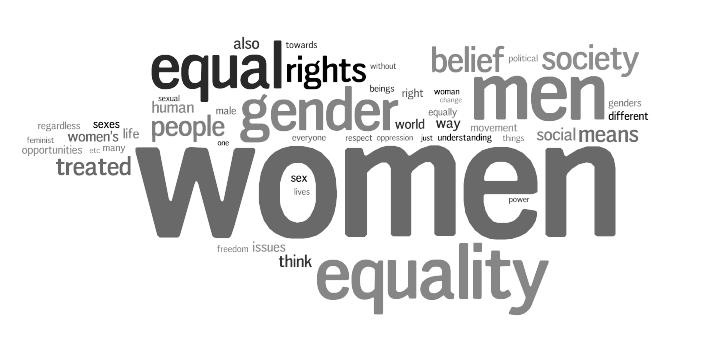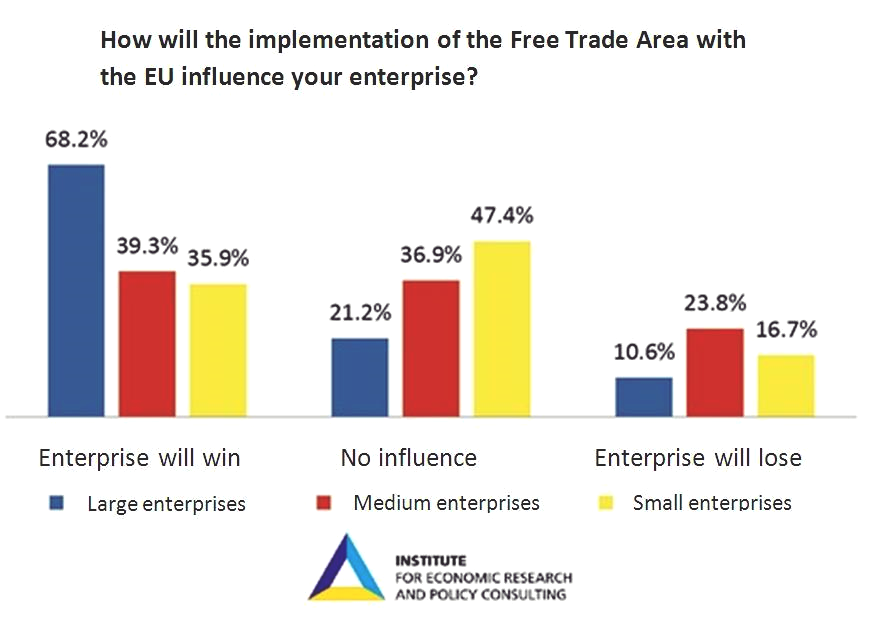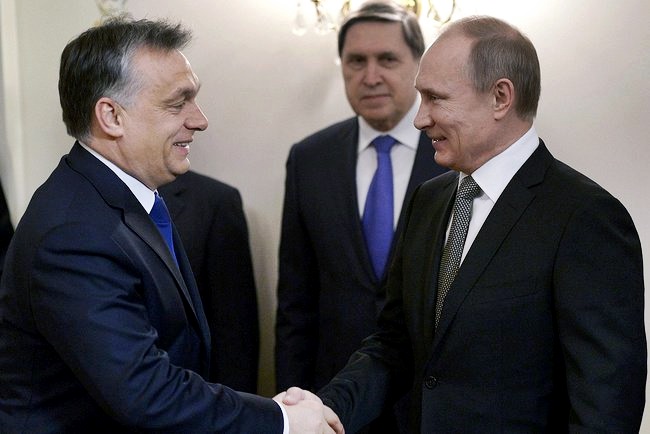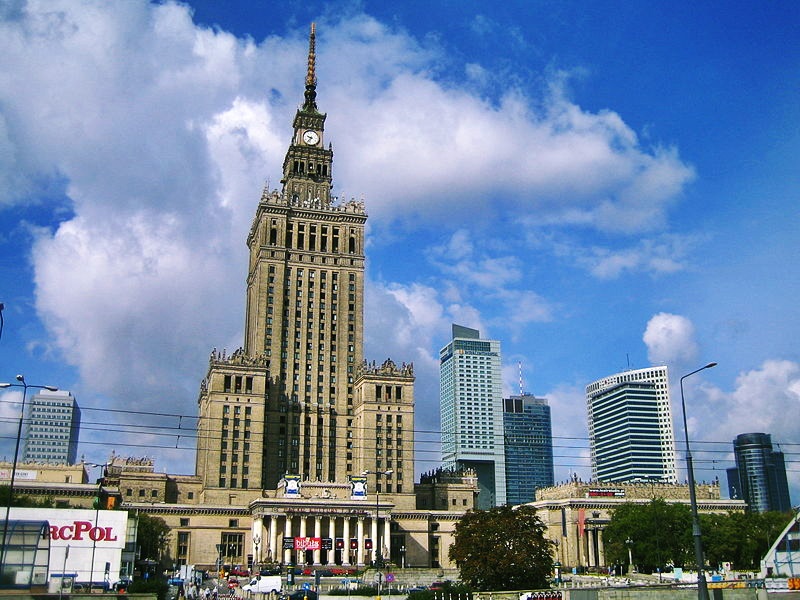
Bad Prospects of Private Pensions
BY
Radovan Durana / March 19, 2015
The proponents of the limited access to savings caught savers into a trap. Take it or leave it. Fortunately, also thanks to INESS, which also commented on the law in Parliament, there is a sort of exit option for savers, who don’t like the offered annuities but need some money from their savings. They can keep their savings account and withdraw at least annual yield.




